A friend and colleague I respect enormously asked, on the Facebook TEACHED page (in response to an article posted about the Chicago Teachers' Strike), the following:
A system that can't keep and retain the best teachers hurts children (and society) far more than a few lost days of school. Whatever you think about Chicago in particular (every battle is nuanced), strikes are a tool workers use to ensure fair wages and working conditions. What other leverage do you think teachers have to do this besides leaving the field?
My response was:
The question is: are teachers "workers" that need this type of protection/unionization, or has this heavy unionization of teaching (a few decades old) actually led to where we are now, a situation where it is so hard to get and keep great teachers because they want "professional" jobs, in a professional environment, that holds them--and their colleagues--accountable?
